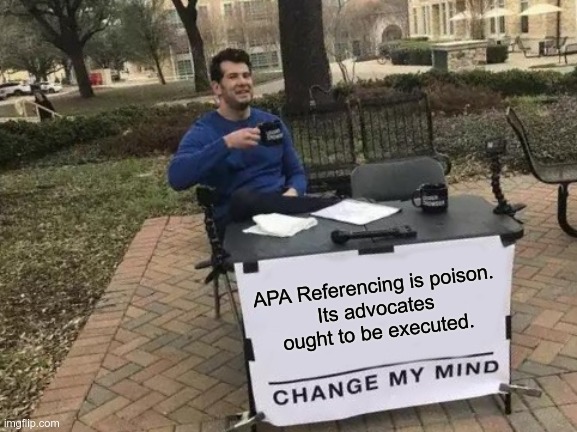The Engineer's Curse
Submitted by lev_lafayette on Mon, 04/19/2021 - 12:21For the third time in the past year I have sat down to watch "The Wind Rises", the fictionalised biography of Jiro Horikoshi by Hayao Miyazaki and animated by Studio Ghibli, the title derived from a line in Paul Valéry's "The Graveyard by the Sea", "Le vent se lève! Il faut tenter de vivre!" In this tale, Jiro is an engineer who follows his childhood dreams of designing aircraft. However, the setting is imperial Japan in the 1930s and Jiro's employer, Mitsubishi, is under direction to build efficient planes for the purposes of warfare.

 There is much that irks me in academia. The way that disciplines are almost randomly assigned to artium, scientiae, or legum, without any reference to their means of verification or falsification. Or, for that matter, the Dewey (or Universal) Decimal Classification for libraries, which, in its insanity, places computer applications in the same category as "Fundamentals of knowledge and culture" and "Propaedeutics". One could also describe ask why the value "Dead languages of unknown affiliation" also belongs with "Caucasian languages". I suppose most of them are "near dead", right?
There is much that irks me in academia. The way that disciplines are almost randomly assigned to artium, scientiae, or legum, without any reference to their means of verification or falsification. Or, for that matter, the Dewey (or Universal) Decimal Classification for libraries, which, in its insanity, places computer applications in the same category as "Fundamentals of knowledge and culture" and "Propaedeutics". One could also describe ask why the value "Dead languages of unknown affiliation" also belongs with "Caucasian languages". I suppose most of them are "near dead", right?